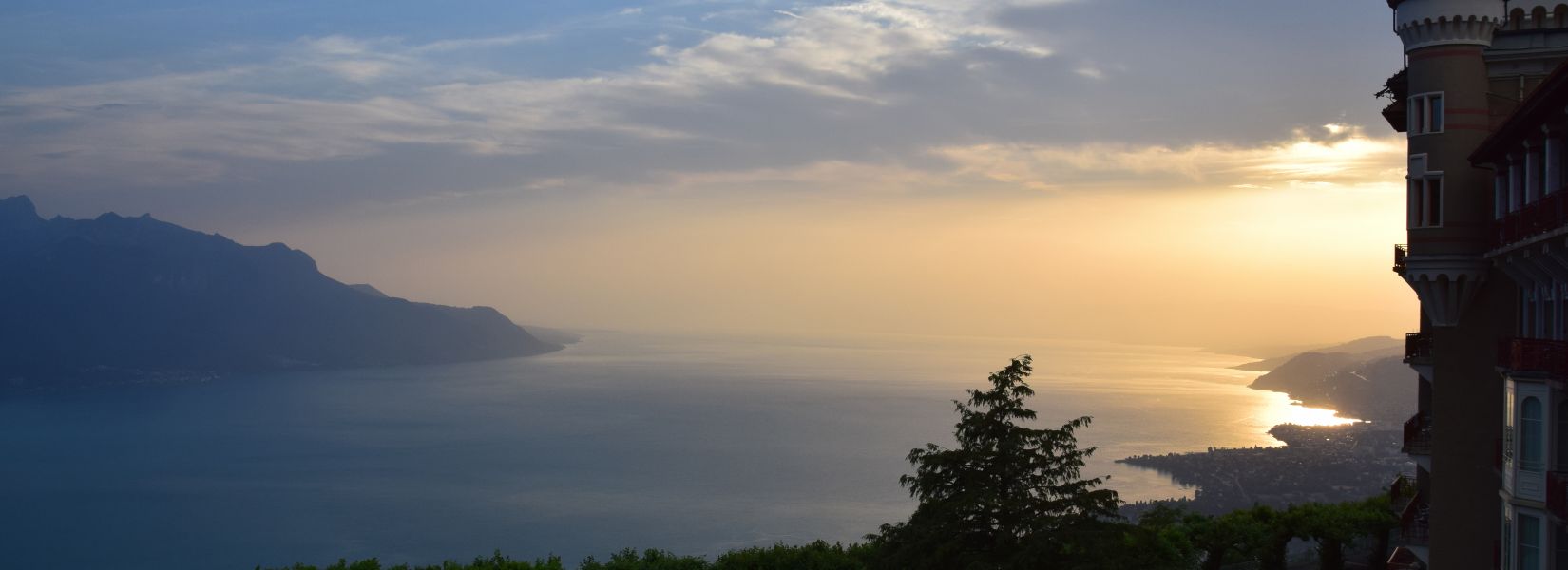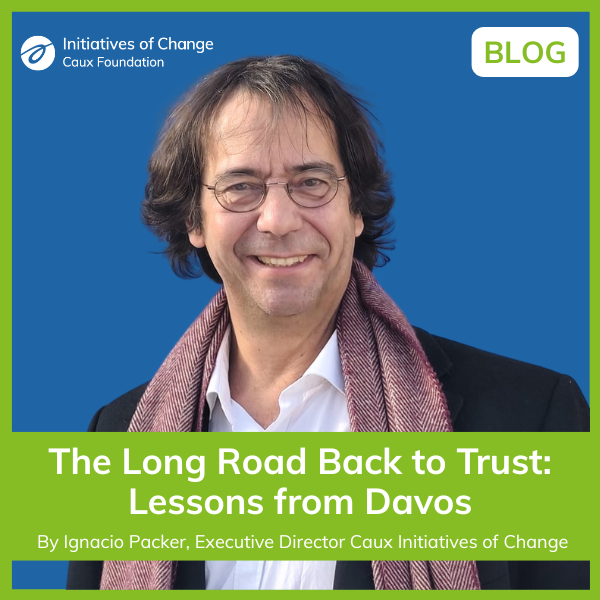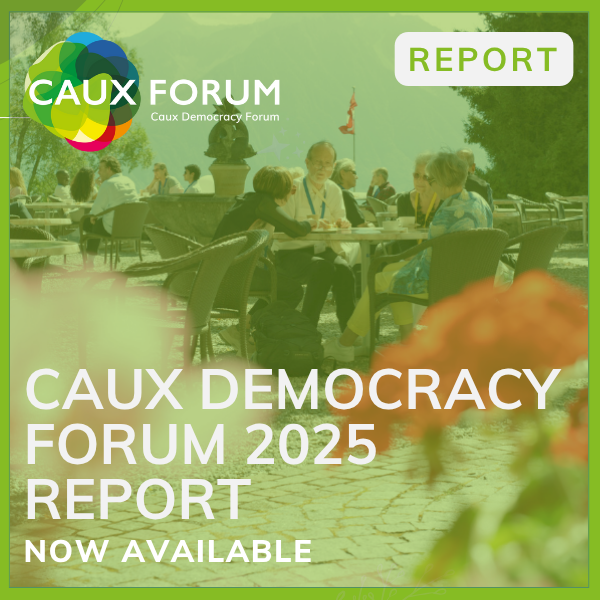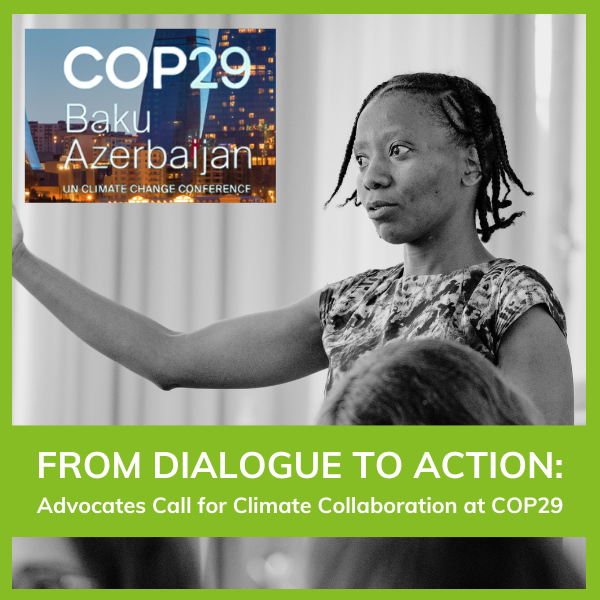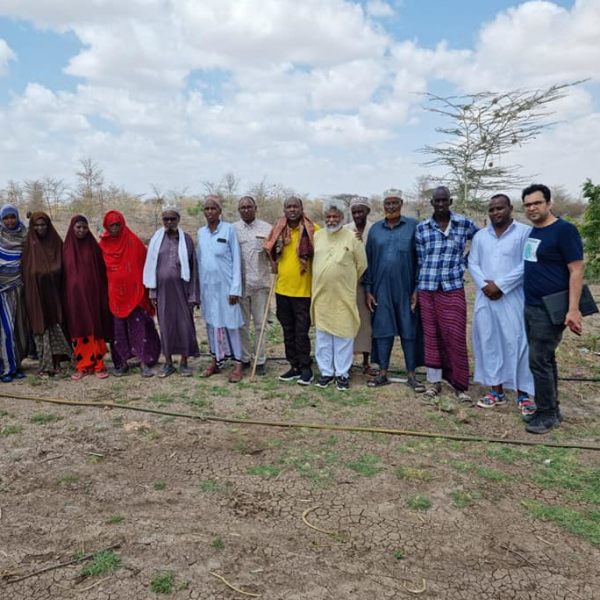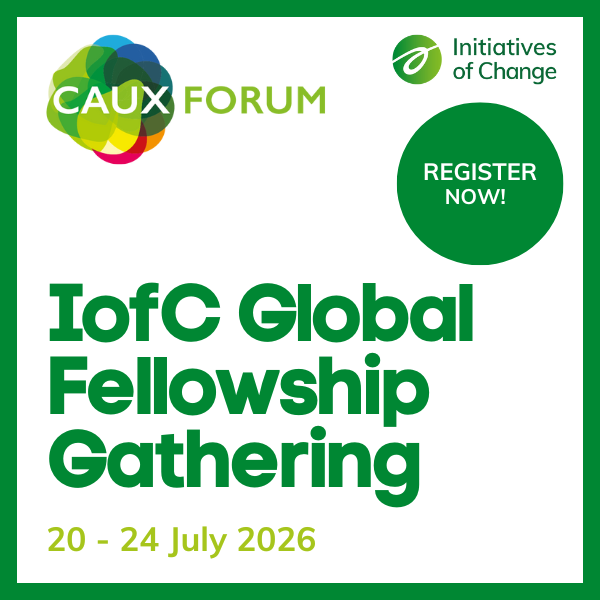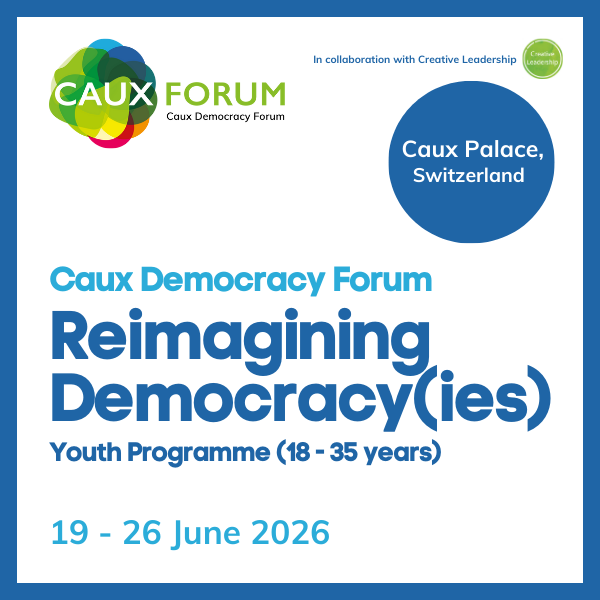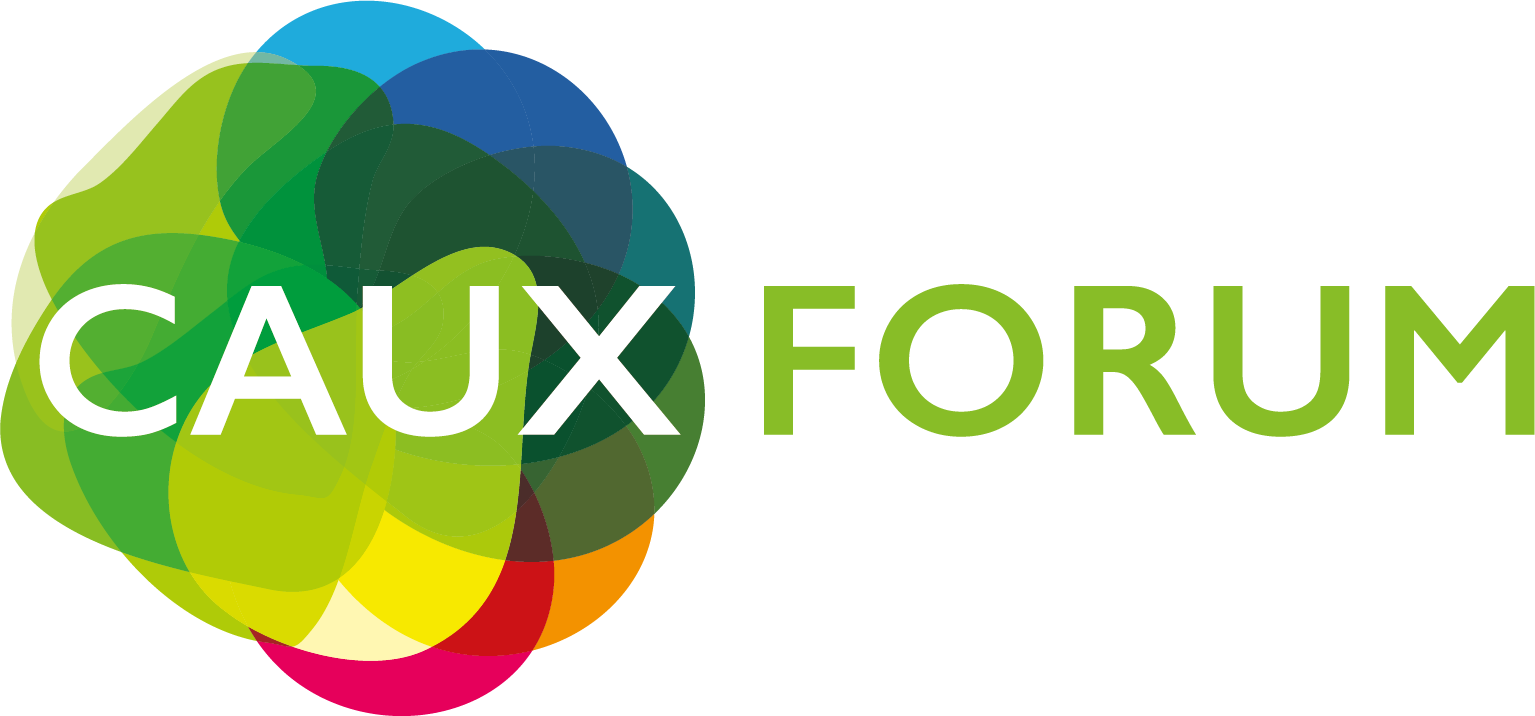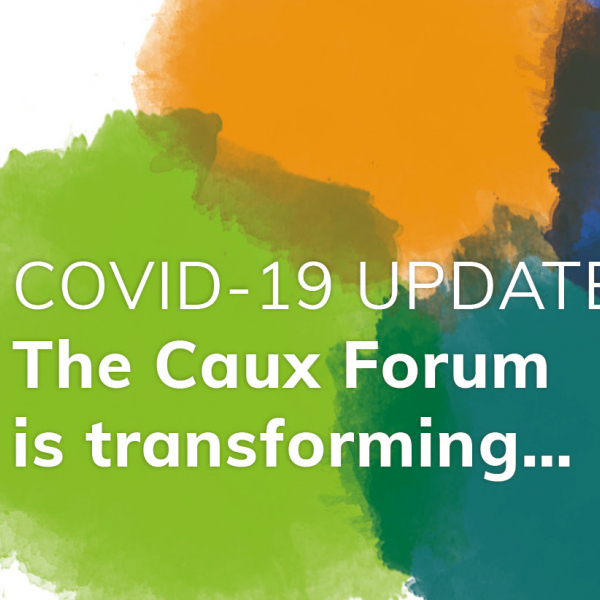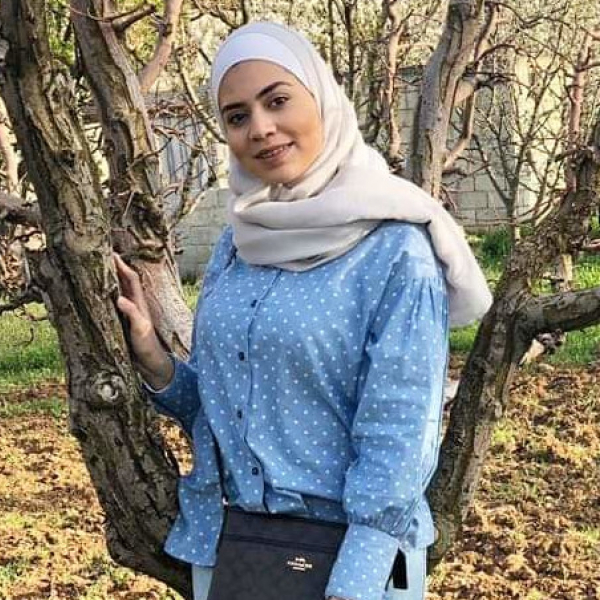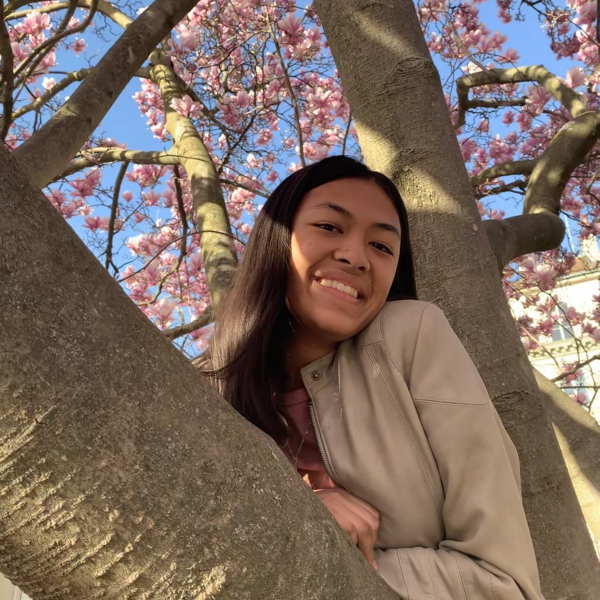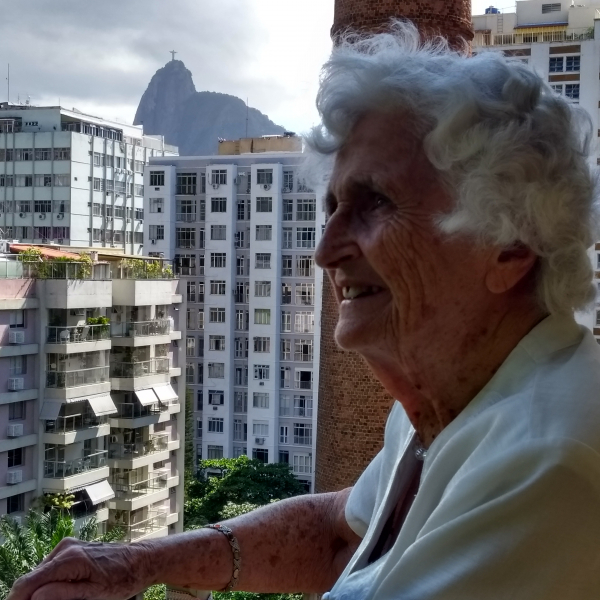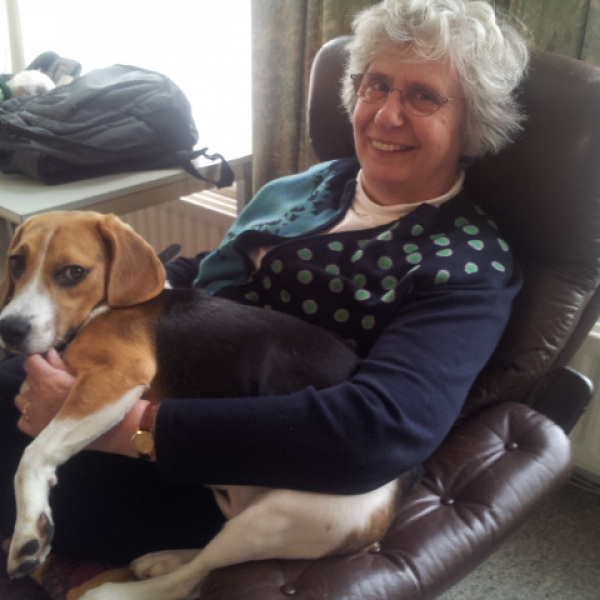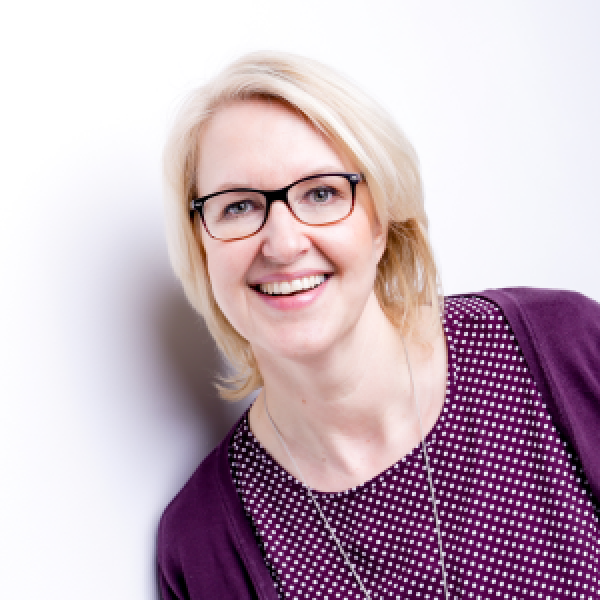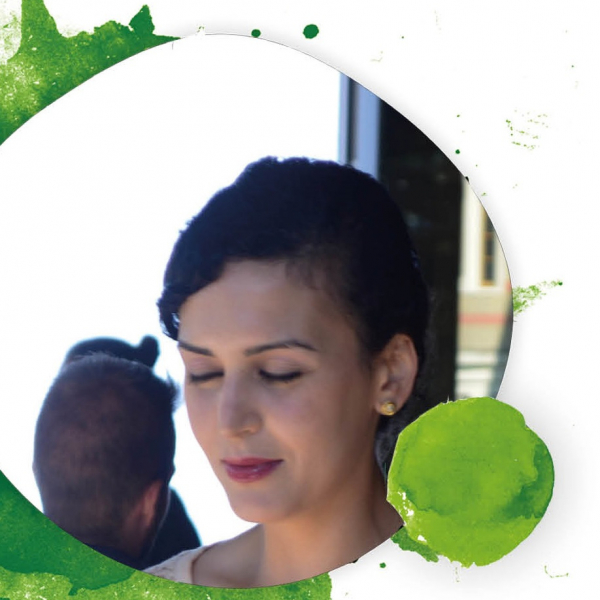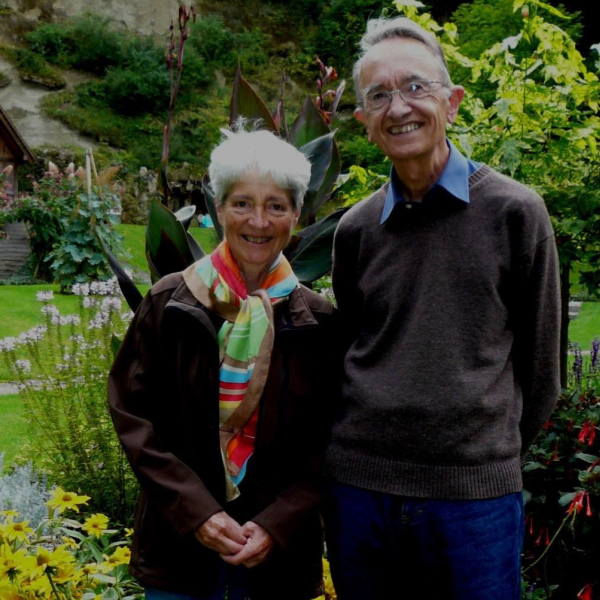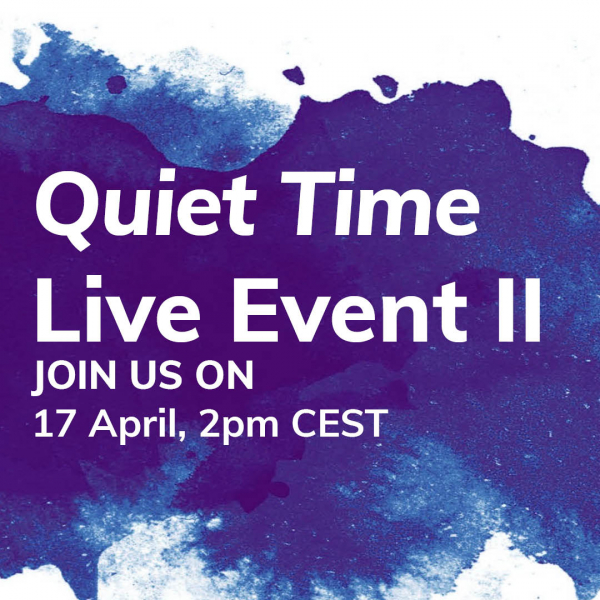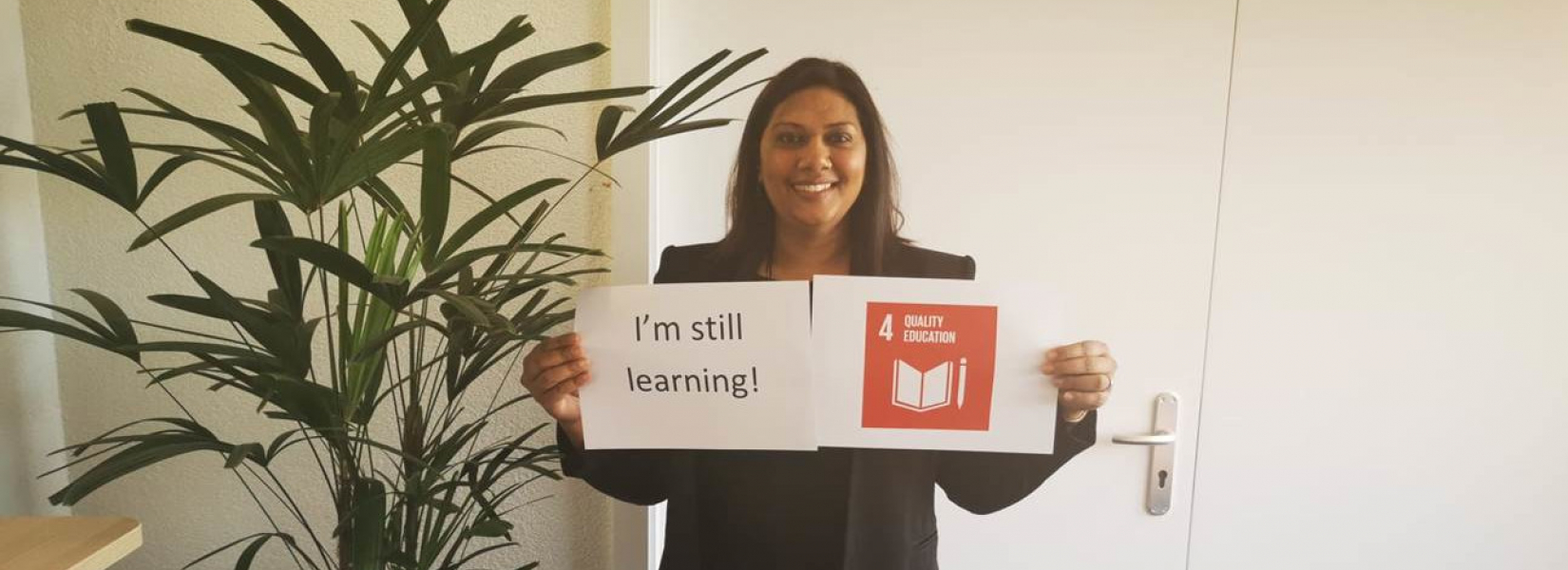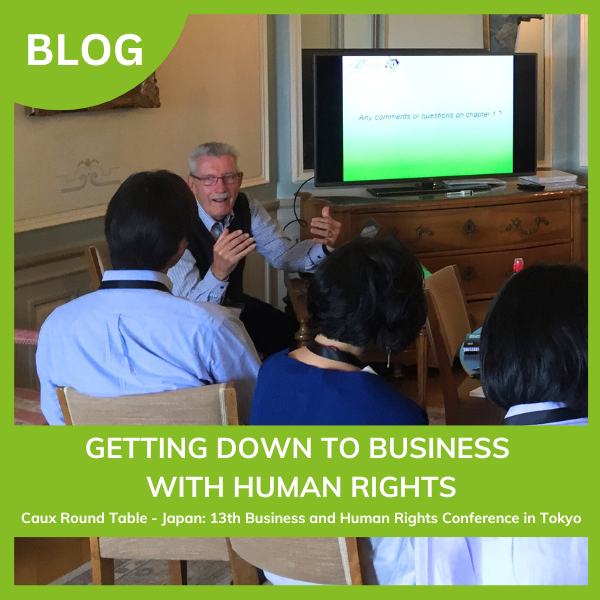The UN’s fourth Sustainable Development Goal is about access to quality education and life-long learning – both essential to bringing positive change into the world.
We are living in times of constant, rapid and profound change, triggered by climate change and digital transformation. To find the right answers to new questions we need to learn more, and maybe differently. Curiosity, creativity and critical thinking are as important as maths, IT, languages skills, etc... We need to be innovative and ingenious to build a just, peaceful and sustainable world for us and our children.
Learning needs well-run education systems, but it comes from inside the human being. It’s fun, but sometimes it’s painful. In preparation for the upcoming Ethical Leadership in Business event in June 2020, we have invited diverse people from around the world to share stories of their learning journeys. These stories offer inspiring insights and invite us to reflect on our education and life-long learning.
‘My Learning Story’ hopes to become a global learning experience, connecting people around the world as they share their stories of what we all do every day: learning to build a brighter future.
Interview with Nazrene Mannie, Executive Director of the Global Apprenticeship Network (GAN)
Nazrene, you are Executive Director of the Global Apprenticeship Network (GAN), a business-driven alliance with the overarching goal to enable work-based learning. Thank you for sharing your thoughts on education and learning... What is the impact of the COVID-19 pandemic on the apprenticeship system?
There is a clear impact on managing and delivering apprenticeships during the current COVID-19 crisis, however GAN Global is encouraged to see the number of solutions and innovations emerging to support apprentices and to continue learning using different formats. We have seen an increase in digital learning, remote learning practices, group and rotational learning as well schemes to protect contracts and stipends. This commitment to continued learning and development is a sign of the value and importance of apprenticeship training.
Apprenticeship is a traditional form to transition from school to work. Is this still a strong learning model in the 21st century?
Apprenticeships have a strong place in societies and communities as a pathway for skills acquisition and career development. While the nature of work will change in the foreseeable future, I firmly believe that there is still a place for the learning and teaching approach that apprenticeships offer, in particular the focus on work based learning, which is a key focus of GAN Global, as a viable solution for creating an adaptable and sustainable workforce that can respond to the 21st century world of work.
How can mature employees be encouraged to engage into work-based learning?
It is essential that all of the workforce, including more mature workers, are given the opportunity to improve their skills based through upskilling, reskilling and new skilling opportunities. An enabling environment that offers such an approach should be centered around work based learning in order to ensure that people have the opportunity to demonstrate their existing skills, knowledge and experience and then build on this base. The key to such an approach is creating a safe and trusted environment, where learning is encouraged and people are recognized for the learning undertaken.
In your opinion, what are the key opportunities to strengthen life-long learning and risks when it comes to online education and training?
Key opportunities that lifelong offers include widening of our knowledge bases, introduction and exposure to new ways of working and thinking, new and innovative approaches to work and the opportunity to grow a career, whether in the same field or the chance to engage in something new. By acknowledging the opportunities, we are then able to ensure that we can build and strengthen access to learning material, open access to courses such as the many MOOCs offered online, recognizing the learning that has been completed, ensuring that proper guidance, including career guidance, is offered to individuals who are interested in taking on new learning opportunities and creating environments where organisations are able to offer access to such learning and where individuals are also motivated to drive their personal learning experience.
While opportunities exist, there are also risks involved and these include access to infrastructure and technology, access to a safe learning space, individuals feeling self-motivated to learn (and not having learning forced on them), It is also important to ensure that skills that are acquired through such learning are recognized during the recruitment and on boarding process and that the learning must have value and currency when applied in practice.
In Switzerland, around 30% of businesses, especially SMEs, cannot find the right talent. Which role can SMEs play in developing the talents they need?
An important factor for GAN Global is working with SMEs to ensure that these organisations have the knowledge, experience and ability to offer training and development opportunities themselves. We are acutely aware that training and development is resource intensive and can often be bureaucratic- it is for this reason that the larger companies are more adept at offering structured T&D. As the GAN, we are working with our partners to create a training methodology that SMEs can apply within their smaller organisations, based on the good practice gleaned from larger companies. This approach will help manage the jobs and skills mismatches that are prevalent in many industries.
GAN is a global network, is work-based learning a concept that is applicable in every societal context?
Through the 15 national networks that GAN Global has, along with the many multinationals and international policy development partners that we work with, it is clear that WBL is seen as a viable methodology and approach to address the skills deficit across different countries, economies and industry sectors. It is an approach that has universal applicability and can be tailored to different contexts and needs.
What do you learn to maintain your employability?
I am constantly reading and engaging with industry leaders, academics and social partners in this space. Lifelong learning is an approach that I firmly believe in and it is one that has helped me continue to maintain by knowledge and understanding in a space that is changing at a very regular pace.
What would you recommend to those struggling to restart learning?
I would suggest starting small by reading at least an article or 2 a day, connecting with individuals in the relevant sector that they are involved and engaging with colleagues on platforms such as LinkedIn and Twitter in order to see what the latest developments and updates are in their respective areas of interest.
What do you want to learn but you haven’t dared yet?
I would like to learn a new skill in the technology space, particularly understanding blockchain better. At the moment, it seems complicated to understand but I need to take my own advice and approach the learning in small chunks and build my knowledge base.
Where does your inner motivation for learning come from?
I have an intrinsic desire to constantly read and learn, since childhood. I am always fascinated by new developments and having worked in many different sectors from banking to manufacturing engineering and it has always been important to keep pace with new innovations and good practice. A key motivation is also wanting to be a good example to those around me- as GAN Global, we constantly encourage our partners to engage and drive work-based learning and it is as important that we must keep pace with the changes ourselves.
What changed for you thanks to what you learned?
I have been able to become a trusted partner to networks, companies and partners in my role as ED at GAN Global and in roles prior to this. I would not have been able to do this if I was not able to demonstrate my own knowledge and understanding of the subject matter that we promote.
Who is your best teacher?
My best teacher has been an approach in life where I have welcomed mentorship, guidance and advice from those around me. I have supplemented this with academic knowledge but some of the best lessons have come from peer to peer engagement, where I have been able to learn from my colleagues and peers.
What did life teach you?
I have learnt that nothing is permanent, life and the world is in a constant state of change and the key to coping and succeeding is being able to constantly learn and improve myself to ensure that I am adaptable and flexible to respond meaningfully to all of life’s experience.
